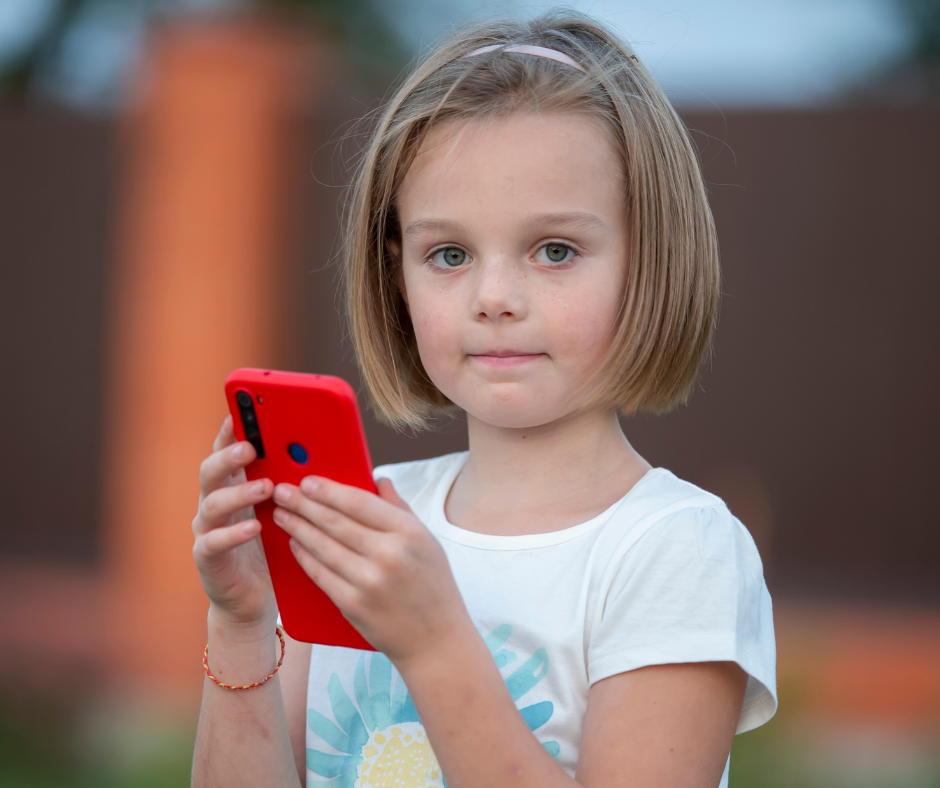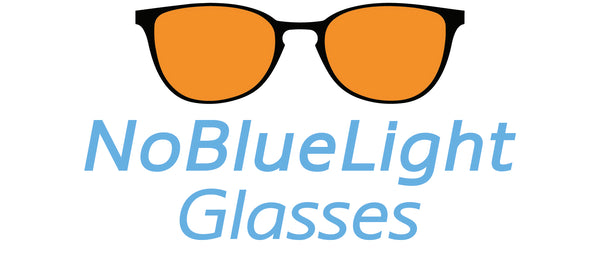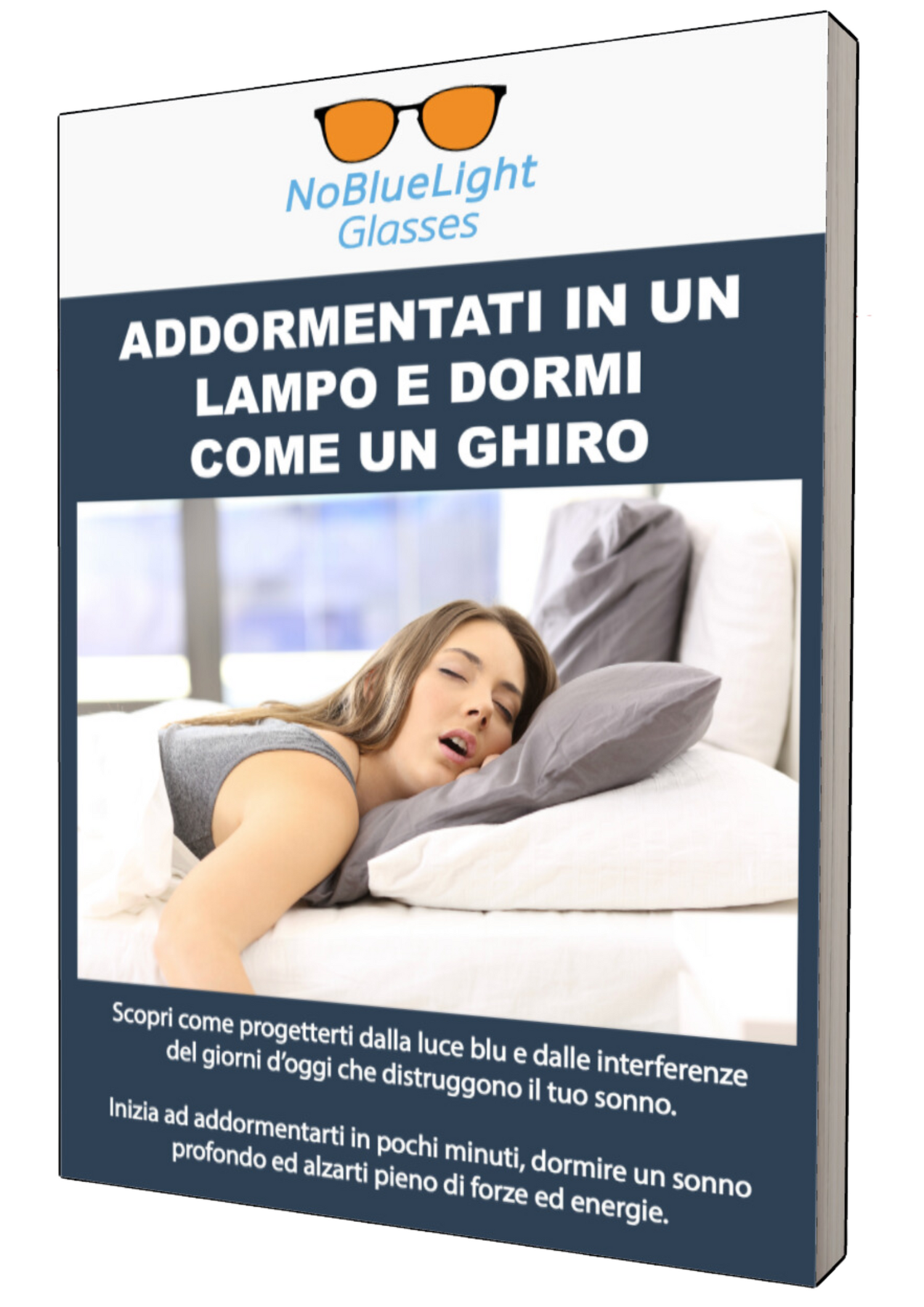
The alarm from Sweden: technology is stealing sleep from our children
Share
These are the guidelines released by the Swedish ministry on September 5th regarding the use of technology by minors:
- Total ban for children under 2 years old;
- Maximum 1 hour per day for children between 2 and 5 years old;
- No more than 2 hours per day for children between 6 and 12 years old;
- Limit of 3 hours per day for adolescents up to 18 years old.
These guidelines released by the Swedish Ministry of Health a few days ago have shaken the souls of many parents…
The authority has issued stringent guidelines on the use of electronic devices by minors, based on years of research and observation.
These guidelines have gone around the world, being reported by international newspapers, including several Italian ones.
You can find at this link an article from Sky Tg24 on the news.

This news has shocked the world, highlighting a worrying reality, often underestimated by many parents…
In fact, on September 5, the Swedish Minister of Health launched an alarm that we can no longer ignore: the excessive use of technology is literally stealing sleep from our children, with potentially devastating consequences for their mental and physical health.
Revolutionary guidelines to protect the little ones
The Ministry's provisions may seem drastic, but there is a reason for the protection of minors who could suffer irreversible damage.
The data collected shows that 17-18 year olds in Sweden spend an average of 7 hours a day on electronic devices, excluding school activities.

A number that gives pause for thought, especially considering the damage that the use of these devices causes to the quality of sleep and cognitive development of the youngest.
The data on minors that have worried the Swedish Ministry
The Swedish minister highlighted an alarming fact: more than half of fifteen-year-olds do not sleep enough.

According to the National Sleep Foundation, teenagers need 8-10 hours of sleep a night.
Chronic sleep deprivation isn’t just a problem of morning tiredness.
This can have serious consequences on mental health, including an increased risk of depression, anxiety, and attention deficit disorders.
The Swedish minister highlighted how the use of technology endangers these aspects.

Why is sleep so crucial, especially for young, developing children?
Sleep plays a fundamental role in numerous physiological and psychological processes:
- Memory Consolidation: During sleep, the brain processes and consolidates information learned during the day.This is essential for learning and cognitive development;
- Hormonal regulation: Sleep is crucial for the proper production and regulation of hormones such as growth hormone, which is essential for the physical development of children and adolescents;
- Cellular Repair: During sleep, the body carries out important cellular repair and regeneration processes;
- Emotional Regulation: Adequate sleep is essential for emotional stability and stress management;
- Immune Function: Sleep strengthens the immune system, which is crucial for overall health.
Blue Light: The Enemy of Our Children
The Swedish ministry's concern about our children's use of technology is more than well-founded…
The answer to why technology use affects sleep so much lies in the blue light emitted by electronic devices such as smartphones, TVs, tablets and screens in general.

All the displays on our electronic devices emit dangerous amounts of blue light…
This light, naturally present during the day, has the effect of keeping our brain awake and active.
When we are exposed to blue light in the evening hours (which is absent in nature after sunset), our body is tricked into thinking it is still daytime and blocks the production of melatonin, the hormone responsible for regulating our sleep.
All people, especially children, use technology especially in the evening.
The time of greatest use - and most dangerous - is precisely the last hours of the day before going to sleep, as we will see shortly.
A study published in Brainfacts.org showed that exposure to blue light before sleep blocks the release of melatonin.

Melatonin, also known as the sleep hormone, regulates our sleep-wake cycle, causing us to fall asleep at night.
Because this hormone that makes us feel tired is not produced as much as it normally would when it is dark, this causes problems with sleep.
It will take longer to fall asleep and the sleep you do get will be lighter and less restorative.
These are the reasons for concern that have prompted the Swedish Ministry of Health to take a stand on this issue to protect the health and well-being of the little ones.

As we have seen, during sleep, processes that are fundamental for adults and more than fundamental for minors take place, including:
1- Memory consolidation;
2- Hormonal regulation, including growth hormone;
3- Cellular repair and regeneration;
4- Emotional regulation and stress management;
5- Strengthening the immune system.
Concern for the new generations is high
This is because they are the first generations who have had access to technology since they were little.
The hours of technology use have also increased…

Today's teenagers are the first generation to spend so much time in front of electronic devices like TV and smartphones, even before going to bed…
The result?
Difficulty falling asleep, less deep sleep, waking up during the night, and eye problems.
These problems are often not complained of by those who suffer from them, but are misunderstood as “normal”.
It is common practice to take supplements to promote sleep or wear glasses to fix your eyesight, without asking what causes these problems…

In the long term, such high exposure to blue light in the evening can lead to negative effects on physical and mental health, including:
- Decreased cognitive performance;
- Increased risk of obesity;
- Weakening of the immune system;
- Greater propensity to develop mood disorders;
- Reduced ability to concentrate and pay attention;
- Increased risk of accidents due to daytime sleepiness.
The Impact of Technology on Children's Developing Brains

It is important to underline how the impact of technology and therefore of blue light on sleep is particularly significant in children and adolescents…
The developing brain is more sensitive to external stimuli and more susceptible to long-term changes in sleep patterns.
Even the eyes, not being fully developed yet, are more sensitive to blue light.

This leads to a higher sensitivity to blue light in the little ones, as well as a greater likelihood of eye problems.
Although this is dangerous for us parents too, we are not at a developmental stage like our children.
This doesn't mean we don't have to protect you as much as we do our own children.
But it does mean that by protecting ourselves from blue light we can sleep better and protect our eyes…
For our children, however, these problems undermine their developmental stage and can cause damage that could be irreversible, so much so that a European Ministry of Health has spoken out on the issue.
Most of us adults did not grow up with the excessive use of technology and therefore the amount of blue light our children are exposed to.
This means that the blue light that hits us in the evening still stops our production of melatonin and worsens sleep but, by blocking this light, we can protect ourselves and get our body to produce melatonin correctly again.
This will improve our sleep, reduce the time it takes to fall asleep and protect our eyes.
For our children who are still in a developmental stage, the damage could be irreversible.
They are the first generation on which we are doing this “experiment” of massive exposure to blue light, and the predictions in this regard are worrying…
That's why it's necessary to protect their health by blocking blue light.
Cognitive and social development
In addition to sleep and eye problems, excessive exposure to screens can negatively affect cognitive and social development.
A UNICEF report stressed how excessive use of digital devices can interfere with the development of social and emotional skills in children.

The solution to protect the new generations
Technology is the future and is an integral part of our lives (and especially those of our children).
Unfortunately or fortunately - be it your judgement - the world we live in will be increasingly digital and the use of technology will be ever greater.
What we need to do is protect ourselves from the harmful effects of technology and learn to live with it safely for our well-being and that of our children…
It is a moral obligation to protect the health of the youngest who begin to use this technology from a very early age, unaware of the damage it can cause them.

This is why it is essential to find solutions that allow them to use technology safely.
Besides limiting usage, there is only one natural solution to this problem.
It's about the glasses Anti Blue Light.
These glasses protect us and our children from the light emitted by electronic devices that cause the damage we have seen in this article.

But be careful: not all blue light blocking glasses are effective.
In particular, those with clear lenses block only a small percentage of blue light, generally only 15/20% (you can find here a complete guide to blue light blocking glasses).
The effective solution is the use of chronobiological anti-blue light glasses, such as No Blue Light Glasses.
These special glasses block 97% of the harmful blue light emitted by screens, allowing our bodies and those of our children to produce melatonin normally, even when using electronic devices in the evening.
Choosing glasses that truly block blue light is essential to protect ourselves and our children from the harmful effects it causes.
The benefits of wearing blue light blocking chronobiological glasses 2-3 hours before bed include:
- Deeper, more restful sleep;
- Fall asleep faster;
- Reduction of the risk of mood disorders;
- Improved sleep quality;
- Reduced eye strain;
- Improved daytime cognitive performance.
In confirmation of this, a study published in the Scienzedaily.com has shown that wearing glasses that block blue light can significantly improve sleep quality.
Complementary Strategies for Healthy Sleep
Blocking blue light with chronobiological blue light blocking glasses is a fundamental prerequisite for melatonin production.
This will lead to better sleep.
Better sleep will bring all the benefits we have seen.
However, it is important to take a 360-degree approach to improving sleep health.

Here are some complementary strategies:
- Establish a Sleep Routine: Maintaining regular bedtime and wake-up times, even on weekends, can help regulate your body's natural circadian rhythm;
- Create an Optimal Sleep Environment. Your bedroom should be cool, dark, and quiet. Consider using blackout curtains or eye masks to block out outside light;
- Promote Regular Physical Activity. Regular exercise can improve sleep quality, but it is best to avoid vigorous activity in the evening hours;
- Pay attention to your diet. Avoid heavy meals, caffeine and alcohol in the hours before bed.The last two, being stimulants, can interfere with the quality of sleep;
- Educate on Risks and Benefits. Teach children and adolescents about the importance of sleep and the risks associated with excessive technology use.
Conclusion
The alarm raised by Sweden is a wake-up call that we cannot ignore. Technology is an integral part of our lives, but we must not allow it to harm the health and well-being of our children.
Well before this alarm from Sweden, we at No Blue Light Glasses started communicating how dangerous the blue light emitted by technology is for our health.
Taking proactive measures, such as wearing blue light blocking glasses, limiting device use, and implementing healthy sleep routines, can make a big difference.
It’s not just about improving sleep, but about protecting the mental health and overall well-being of ourselves and our children.
Let's not wait for the problem to become a crisis in Italy too.
Let's act now to ensure restful nights' sleep and energetic days for ourselves and our children.
Remember: good sleep is the basis for a healthy and happy life. Let's protect it with all our strength.
The future of our children depends on the choices we make today.

